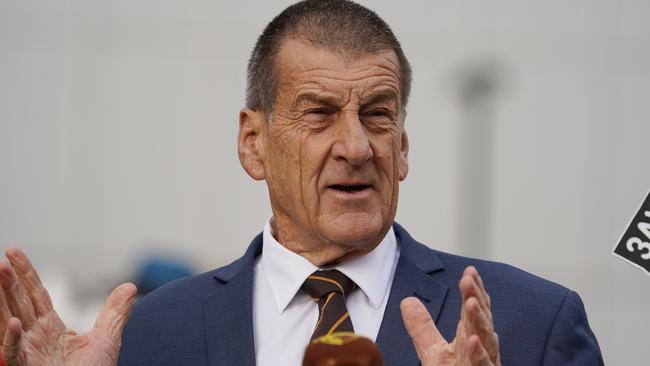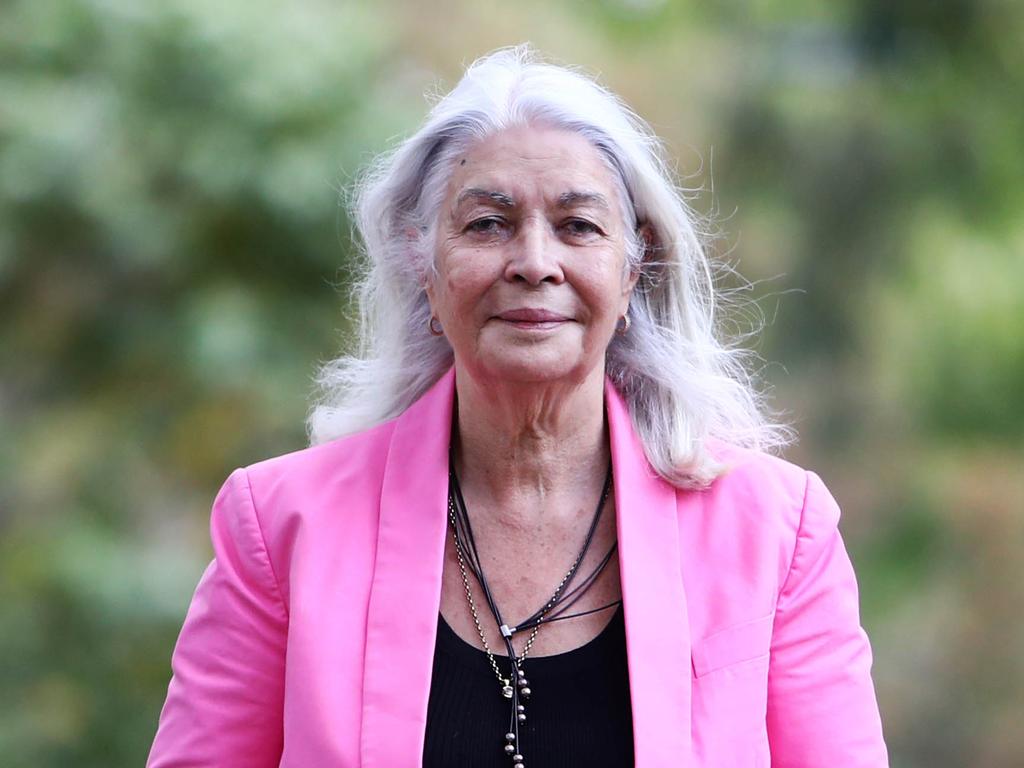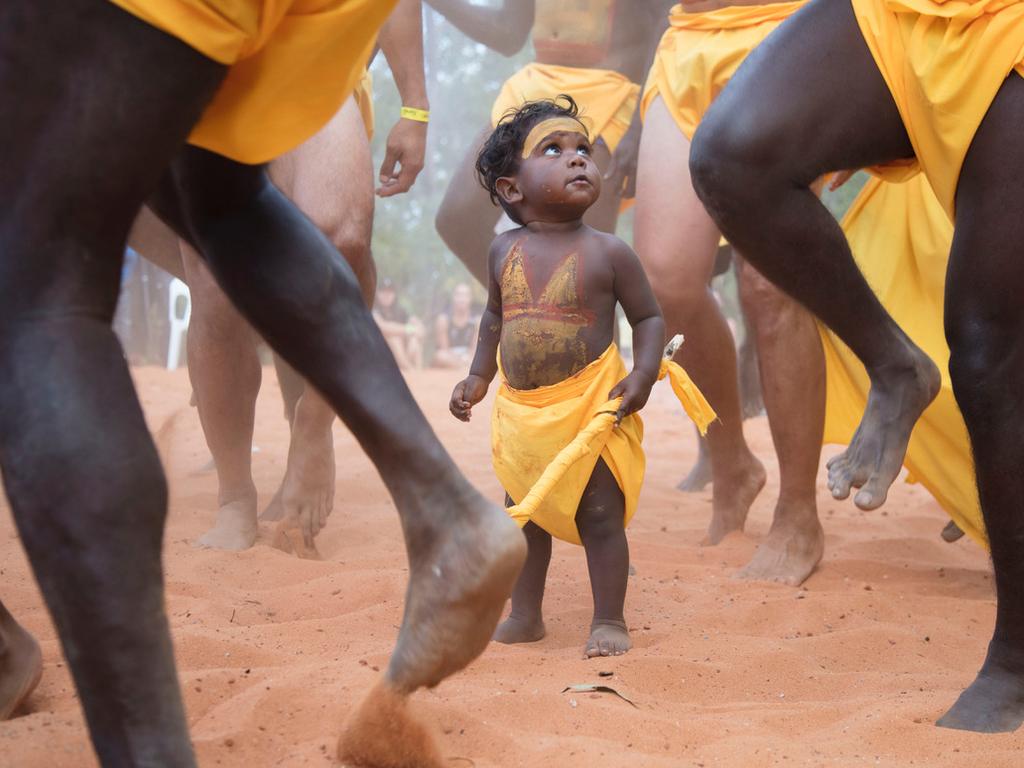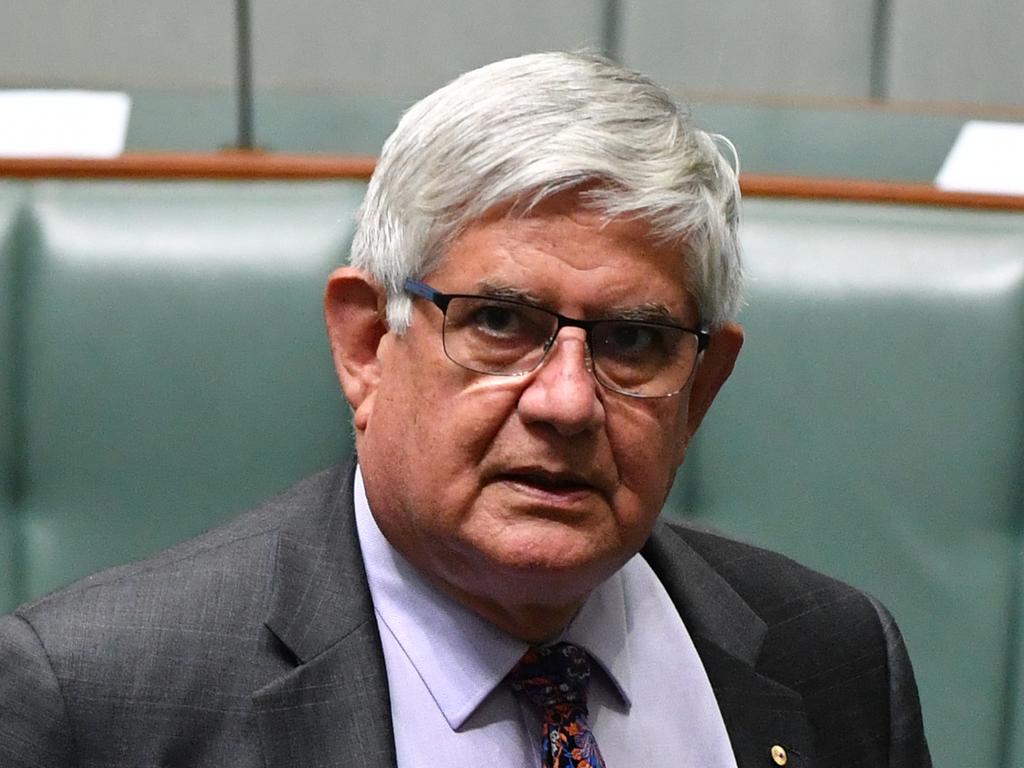Jeff Kennett joins panel for indigenous voice to government
16 Aussies have been appointed to develop a model of the indigenous voice to government.

Former Victorian premier Jeff Kennett, Fraser government Aboriginal affairs minister Fred Chaney and Aboriginal media executive Donna Odegaard are among 16 Australians appointed to help establish the details of the indigenous voice to government.
Dr Odegaard, chief executive of Aboriginal Broadcasting Australia, will co-chair the national co-design group with a senior bureaucrat from the National Indigenous Australians Agency. The group’s job is to develop a model for a national voice and to make sure any proposals complement rather than duplicate organisations that work well.
A yet-to-be-appointed co-design group will examine how the indigenous voice can improve local and regional decision-making.
The voice was central to the 2017 Uluru Statement from the Heart — the culmination of dialogues with 1200 indigenous people around Australia. The landmark document called for a constitutionally enshrined voice to parliament. The Morrison government is working towards a voice to the whole of government to be established in legislation but not in the Constitution.
Indigenous Australians Minister Ken Wyatt is due to announce members of the new national group on Wednesday. They include Rodney Dillon, a Palawa elder from Tasmania and indigenous rights adviser for Amnesty International, and lawyer Fiona McLeod SC, who represented the commonwealth in the Victorian Bushfires Royal Commission, Queensland Floods Commission and the Royal Commission into Institutional Responses to Child Sex Abuse.
Overall, the co-design process will be guided by Mr Wyatt’s senior advisory group, co-chaired by indigenous leaders Marcia Langton and Tom Calma.
When proposed models for the voice are ready, they are due to be “refined” in what Mr Wyatt has described as consultations with “indigenous leaders, communities and stakeholders across the country”.
The minister has asked the national group to “ensure any proposed models will work within existing structures”.
“Indigenous Australians want their voices heard at all levels of government and want to help shape the policies and programs that affect their lives,” he said.
Other members of the national group are Jamie Lowe, a Djabwurrung man and National Native Title Council chief executive, indigenous health expert Gracelyn Smallwood, indigenous children’s advocate Richard Weston, indigenous children’s author Cheryl Kickett-Tucker, Australian Rugby League Indigenous Council chairwoman Katrina Fanning, First People’s Disability Network Australia chairman Damian Griffis, co-chair of the First People’s Assembly of Victoria Marcus Stewart, indigenous businesswoman Kristal Kinsela-Christie, Indigenous Land and Sea Corporation deputy chair Joseph Elu, indigenous health executive Zell Dodd, and Steven Wanta Patrick Jampijinpa, who has worked on indigenous youth suicide prevention projects.
Dr Odegaard described the Morrison government’s plan as an unprecedented opportunity for Aboriginal and Torres Strait Islander people “to express who we are, what we want, what we need and the direction we choose for the future for the benefit of all our people and the nation”.
While Mr Wyatt has said the government would not seek to include the voice in the Constitution, it plans a referendum on the separate question of whether indigenous people should be recognised in the Constitution.








To join the conversation, please log in. Don't have an account? Register
Join the conversation, you are commenting as Logout